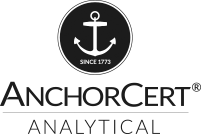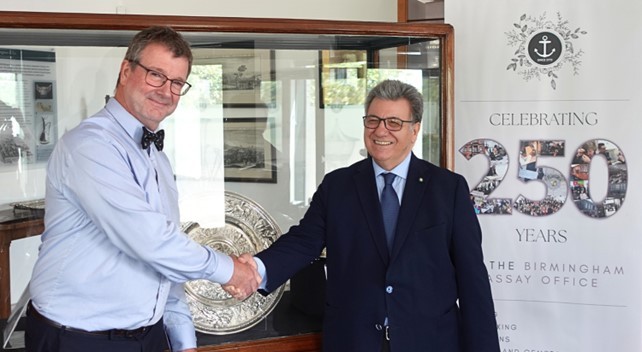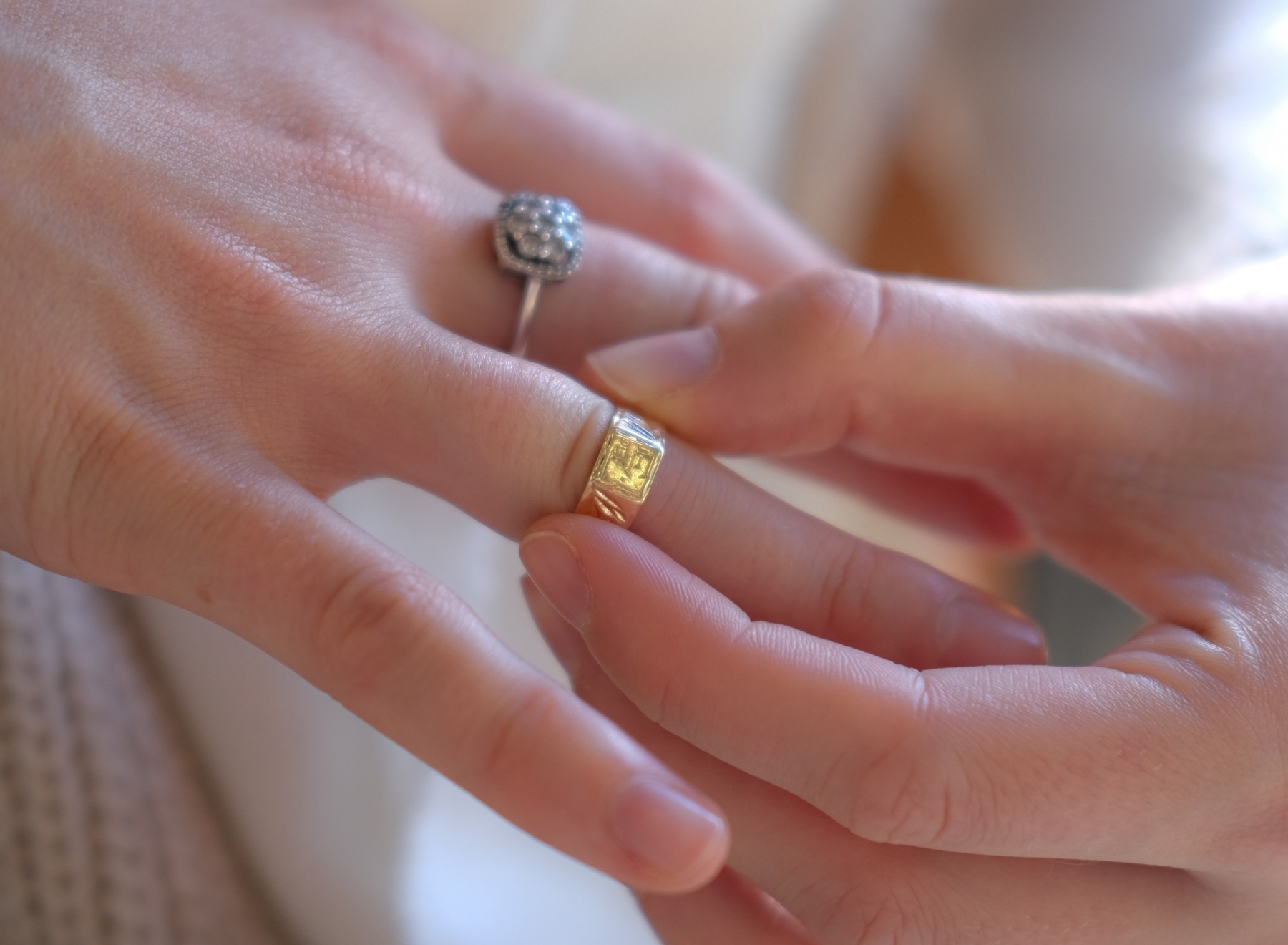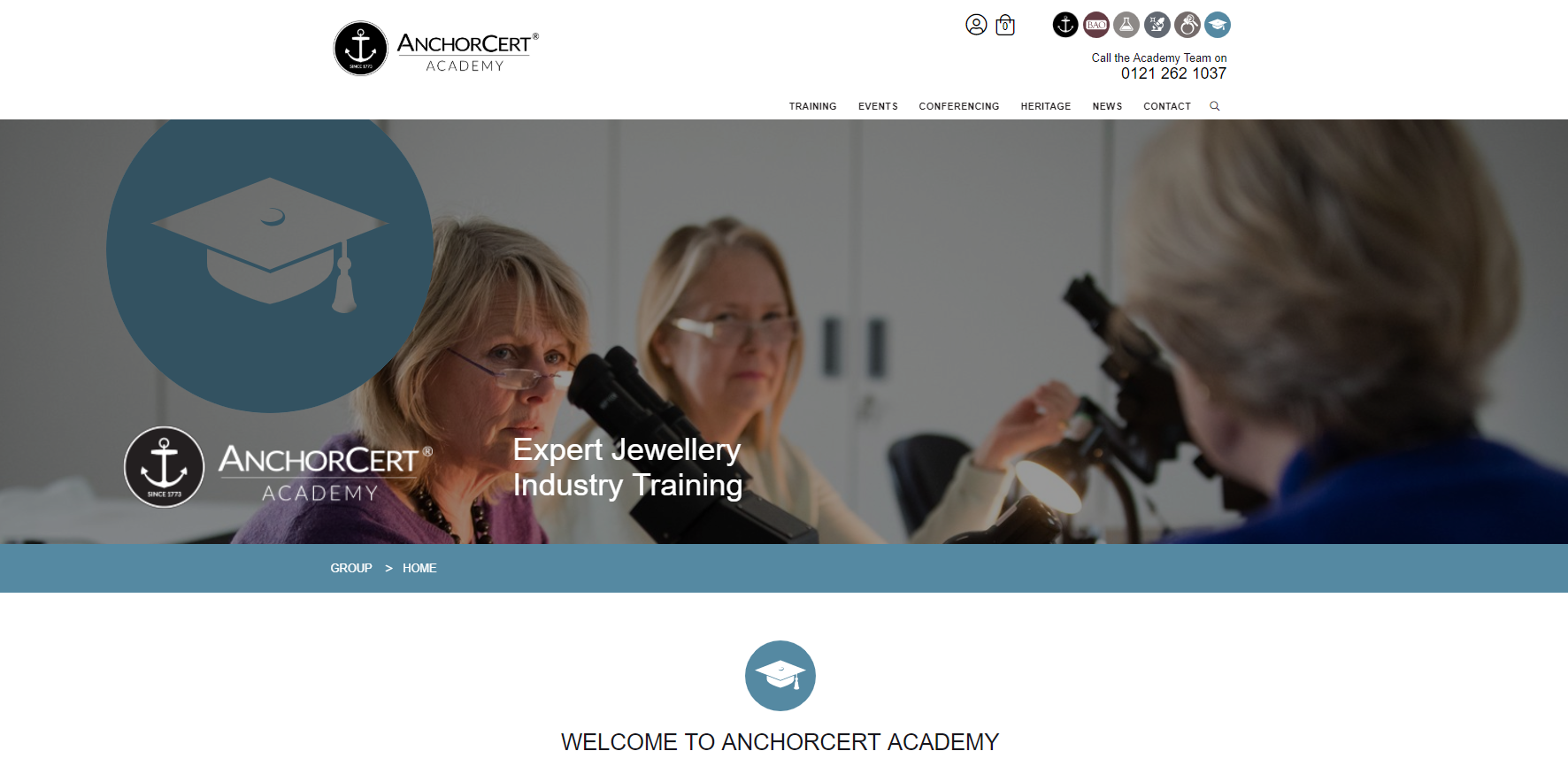AnchorCert Pro: A Comprehensive Solution for Metal Allergy Prevention in Jewellery & Consumer Products
Article written by: Dippal Manchanda, MSc CSci CChem FRSC, Technical Director & Chief Assayer Birmingham Assay Office, UK
Abstract:
Metal-induced skin allergies, particularly Allergic Contact Dermatitis (ACD), are a growing concern for consumers worldwide. The AnchorCert Pro Research Project developed a comprehensive testing methodology to accurately identify products that minimise the risk of metal-induced skin allergies and provide enhanced consumer protection. Unlike traditional methods, the AnchorCert Pro approach covers a wide range of materials and tests for the allergenic potential of 16 metal elements. Products that pass the testing are considered kind to the skin and less likely to cause metal-induced ACD, allowing manufacturers, buyers, suppliers, and retailers to confidently label products as "hypoallergenic." While not protecting all hypersensitive individuals, the methodology aims to protect most people sensitized to metal allergens. AnchorCert Pro meets and exceeds regulatory standards and is accredited by the United Kingdom Accreditation Service (UKAS), ensuring widespread acceptance and compliance.
1. The Rise of Metal-Induced Allergies and the Need for Advanced Testing
Skin allergies caused by metal elements in everyday products, including jewellery, are a significant concern for consumers worldwide. With a growing number of people experiencing metal-induced Allergic Contact Dermatitis (ACD), it has become increasingly important to develop testing methods that can accurately identify products that are kind to the skin and hypoallergenic. The AnchorCert Pro Research Project was undertaken with the objective of developing such a testing methodology, focused on minimising the risk of metal[1]induced skin allergies and providing enhanced consumer protection.
2. A New Era of Testing: AnchorCert Pro Methodology
Unlike traditional testing methods such as EN1811:2015, which applies only to metallic components, the AnchorCert Pro methodology covers a wide range of materials, including polymeric, metallic, and inorganic non-metallic components. This comprehensive approach enables the testing of numerous products intended for direct and prolonged contact with human skin, including jewellery, watches, eyewear, clothing, and accessories. The methodology identifies the allergenic potential of 16 metal elements known to cause skin allergies, such as Ni, Cr, Co, Au, Hg, Be, Pd, Pt, Mn, Al, Cu, Fe, Mo, Sn, Ti, and Zn. By assessing their sensitization potential based on their reaction with artificial sweat and the formation of soluble metal ions, AnchorCert Pro can provide accurate measurements of their risk to human skin.
3. Freedom from Metal Allergy and Broad Applicability
Products deemed to 'Pass' the AnchorCert Pro testing methodology are considered kind to the skin and less likely to cause metal-induced ACD, commonly known as skin allergy. This means that consumers can enjoy complete freedom from metal allergies when using these products. By ensuring that only compliant products enter the marketplace, the risk of adverse skin reactions is considerably reduced. AnchorCert Pro test methodology covers a wide array of products, ranging from jewellery and body piercings to wristwatches, belts, buckles, and even metallic or non-metallic accessories used in textile products, footwear, or leatherwear. This extensive coverage enables the methodology to provide consumers with enhanced protection against skin allergies across various product categories.
4. Meeting and Exceeding Regulatory Standards
AnchorCert Pro compliant products meet the EU nickel regulation (section 27 of Annex XVII, REACH) and the General Product Safety Regulation 2005 requirements and comply with the RoHS Directive for watches and EU Lead/Cadmium Regulation applicable to jewellery and consumer products. By ensuring comprehensive compliance, the methodology guarantees that products are safe from skin allergy risks and potential lead or cadmium poisoning.
5. Protecting the Majority, But Not All
While the AnchorCert Pro methodology has been developed to protect most individuals sensitized to metal allergens, it is important to note that a small portion of the population is hypersensitive to certain metals. For these individuals, prevention of elicitation is crucial and must be done on a case-by[1]case basis. The AnchorCert Pro approach is anticipated to protect a large population of this category, but absolute claims cannot be made due to the variabilities involved.
6. The AnchorCert Pro and Hypoallergenic Connection
Although there is no legal or accepted dictionary definition of "hypoallergenic," the term broadly indicates that a product's allergenic potential has been identified, minimized, and supported by testing or formulation. AnchorCert Pro compliant products meet this definition, and as such, manufacturers, buyers, suppliers, and retailers can confidently use the "hypoallergenic" description for these products.
7. UKAS Accreditation and Widespread Acceptance
The AnchorCert Pro test methodology is accredited by the United Kingdom Accreditation Service (UKAS) and meets the requirements of ISO 17025. As a result, the test results are supplied on a UKAS-accredited certificate. These certificates will be accepted throughout the EU to meet nickel regulation requirements.
Conclusion
In conclusion, AnchorCert Pro is a comprehensive testing methodology developed to minimize the risk of metal-induced skin allergies in various consumer products, including jewellery, watches, eyewear, clothing, and accessories. By identifying the allergenic potential of 16 metal elements and assessing their sensitization potential, AnchorCert Pro offers enhanced consumer protection. Products that pass the testing are deemed kind to the skin and less likely to cause metal-induced ACD. The methodology exceeds regulatory standards and allows manufacturers, buyers, suppliers, and retailers to confidently label products as "hypoallergenic." While it may not protect all individuals who are hypersensitive to certain metals, AnchorCert Pro has been developed to protect the majority of people sensitized to metal allergens. Accredited by the United Kingdom Accreditation Service (UKAS), the AnchorCert Pro test methodology is widely accepted and meets the requirements of ISO 17025.
Your item has been added to the basket
You need to create an account, or login before you can add this item to your basket.







